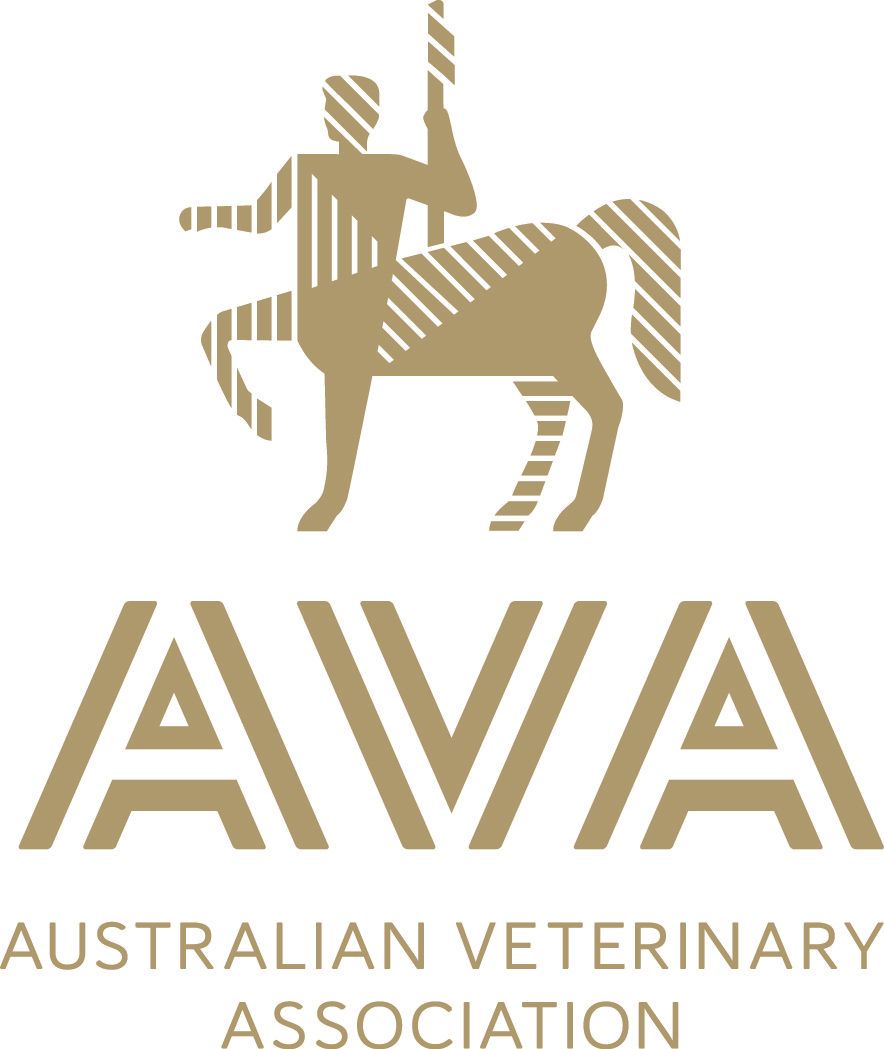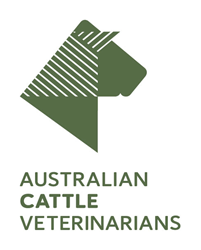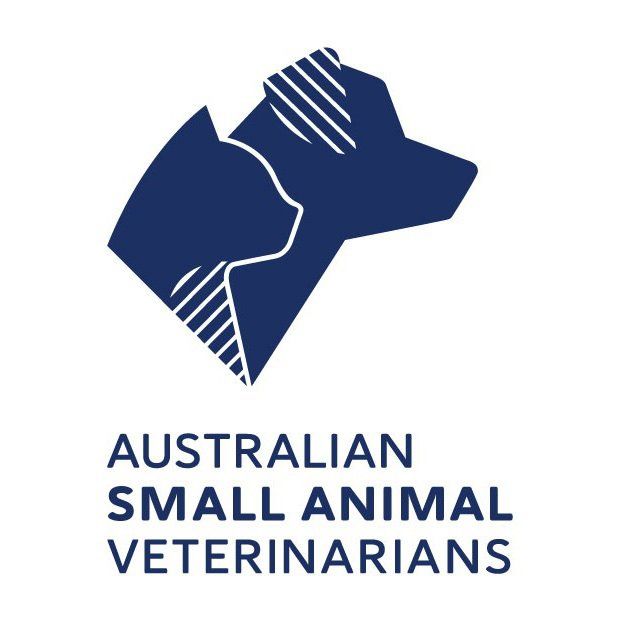HENDRA VIRUS
Hendra Virus is a rare, sporadic, endemic, notifiable, zoonotic disease which affects humans and horses.
To date, there have been numerous confirmed cases nationally claiming four human lives; including two colleagues. Between 20 June and 20 July, 2011, the spike in new cases has left more than 90 people exposed and has raised new questions about the mechanism of disease ‘spill over’ which is currently being investigated.
The clinical signs for Hendra virus are vague and can include any horse with an elevated body temperature, depression, respiratory (nasal discharge, facial oedema) or neurological signs (ataxia, shifting weight from different legs, recumbency), colic, injected mucous membranes with rapid deterioration to death.
There are the Biosecurity Queensland guidelines, Occupational Hazard recommendations by Workplace Health and Safety and Infection Prevention Advice specifically relating to Hendra developed by Queensland Health; all of which inform us about the virus and the implications to human health. Their advice is Vaccination with Equivac HeV is the single most effective way to prevent the disease!
All horse owners must remain Vigilant and Aware of Hendra virus when working with horses. Stay vigilant about the possibility of Hendra virus when dealing with all ill horses, the vague clinical presenting clinical signs and the ability for horses to shed virus up to 2 days before developing clinical signs. Stay aware of the need for good personal hygiene and biosecurity which include washing hands and wearing appropriate personal protective equipment (PPE) when handling horses.
Vaccination requires three initial doses at 0 and 3 weeks then a 6 months booster. Yearly boosters are required to ensure full immunity. All horses must be microchipped and the vaccination details are recorded on a central registry so any vet treating your horse in the future knows that there is minimal risk to the potentially fatal zoonotic disease.
CONTACT A CLINIC
For further advice on the health care of your animals, contact the professional team at the Warwick Vet Clinic for a consultation









